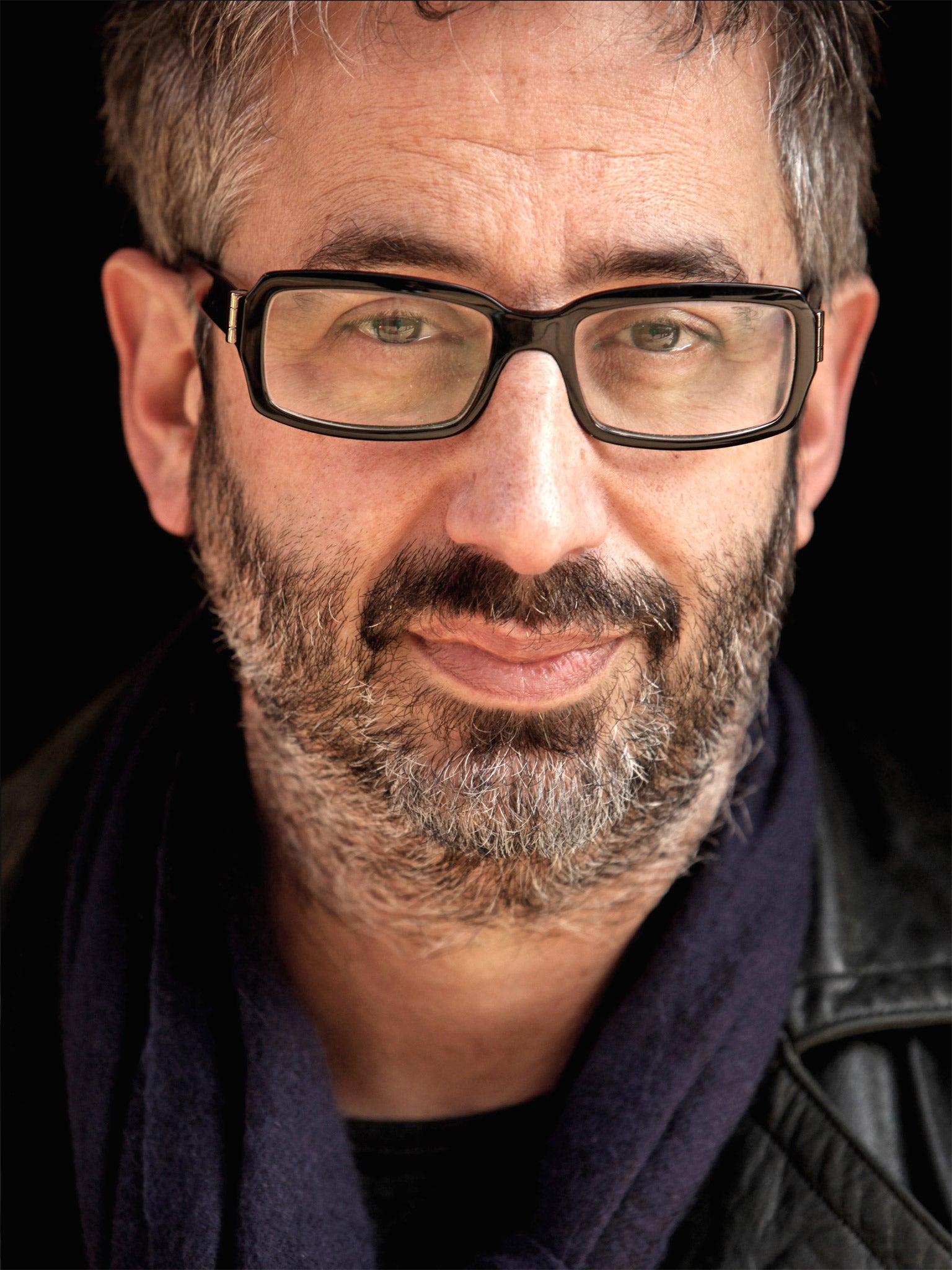The week in radio: Welcome wake-up call from Baddiel's brainy bunch on Radio 4's Four Thought

Your support helps us to tell the story
From reproductive rights to climate change to Big Tech, The Independent is on the ground when the story is developing. Whether it's investigating the financials of Elon Musk's pro-Trump PAC or producing our latest documentary, 'The A Word', which shines a light on the American women fighting for reproductive rights, we know how important it is to parse out the facts from the messaging.
At such a critical moment in US history, we need reporters on the ground. Your donation allows us to keep sending journalists to speak to both sides of the story.
The Independent is trusted by Americans across the entire political spectrum. And unlike many other quality news outlets, we choose not to lock Americans out of our reporting and analysis with paywalls. We believe quality journalism should be available to everyone, paid for by those who can afford it.
Your support makes all the difference.There are times, with Radio 4, when the only way to listen is while lying horizontal in a darkened room with a cold compress on your head. I find this to be requirement while spending half an hour in the company of Melvyn Bragg as he pontificates over the concepts behind Dutch humanism or prophecy in the Abrahamic religions at 9 o'clock in the morning straight after the three-hour hard-news assault that is the Today programme.
This, traditionally, is a time of day when, with breakfast barely digested and the house divested of children, my traumatised brain tries to pull down the shutters and hang up a sign that reads "Back later. Gone for a nap".
The point is that Radio 4 rarely swerves the cerebral stuff. It takes pleasure in grappling with the conundrums that have plagued scientists and philosophers for centuries. Television only rarely takes such a high-minded route, preferring to sink its copious resources into Cowell-sponsored glitter-fests involving pre-teen stand-ups, dance troupes making funny silhouettes and dancing dogs.
So if, like me, you are in the market for something cerebrally challenging, but not so much so that your brain starts to seep out of your ear, Radio 4's Four Thought is a great way to spend 20 minutes.
Introduced by David Baddiel, it features a series of short speeches about seemingly innocuous subjects that generally turn out not to be innocuous at all but actually meaningful and sometimes life-changing.
In recent weeks, we've heard from the science writer Emma Byrne who put forward a persuasive case that swearing is not only natural, it is good for us – "a proxy for physical violence", she said – which will be a handy defence next time something appalling falls from my lips when I open a pack of Pringles to find them broken into a million tiny pieces.
We have also heard from the academic Anna Woodhouse on the subject of glass and its effect on our ways of seeing. She talked with great melancholy about the views from various windows in her life: in the house in Bridlington where she grew up, in an inner-city tower block in Leeds; in the concrete and glass office block where she worked at the front line in a call centre in a fog of misery.
This week, the author Steven Poole took on the concept of free thinking and the "nudge". A "nudge" is what, according to those who dispense them, helps us make good decisions. Far-fetched as it sounds, the British government apparently has its own "nudge unit" and those that work there are called "choice architects".
These are the people who decide that it might be useful to send us text messages to remind us about overdue fines, or that the organ-donor system would work better if it was opt-in rather than opt-out.

Watch Apple TV+ free for 7 days
New subscribers only. £8.99/mo. after free trial. Plan auto-renews until cancelled

Watch Apple TV+ free for 7 days
New subscribers only. £8.99/mo. after free trial. Plan auto-renews until cancelled
All very sensible, you might think, but, as Poole pointed out, the inference is that we are unable to make the right decision for ourselves. This notion that we're bad at thinking, and should perhaps let others do it for us, is apparent in psychology, internet theory and politics.
Poole subsequently wrangled with the ideas of cognitive bias, rationalism vs irrationalism and whether or not we are being reduced to the level of zombies who don't have to think about anything except biting people. It was with palpable passion that he called for resistance to the idea that we are passive victims of our poorly wired brains and, quoting Plato, exhorted us to "Dare to know". Yes, I cried, I will do that, but only after I've had a lie-down.
Join our commenting forum
Join thought-provoking conversations, follow other Independent readers and see their replies
Comments